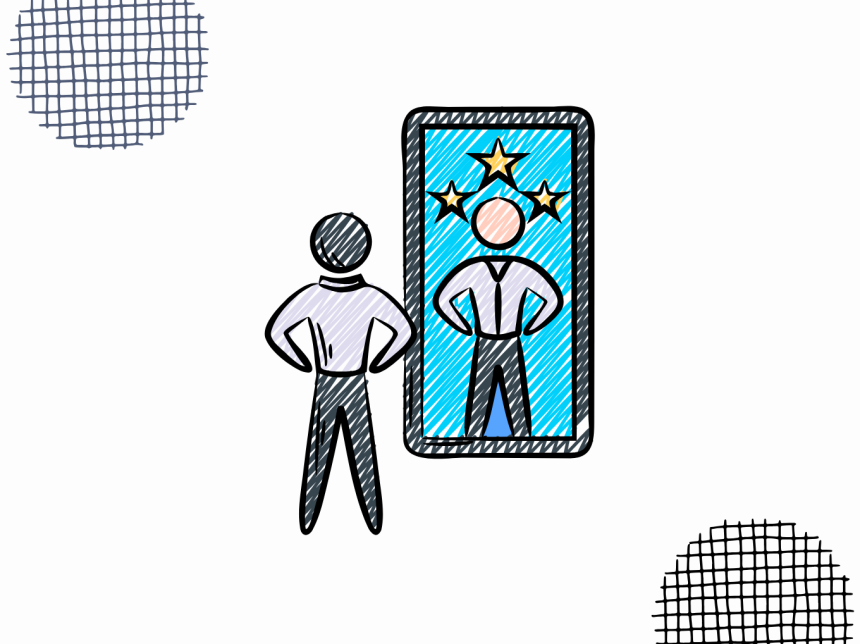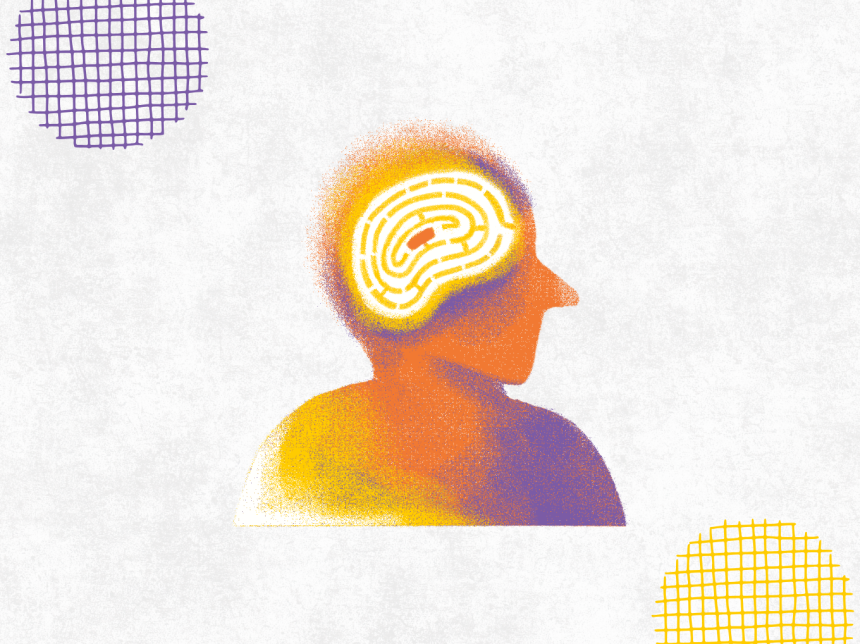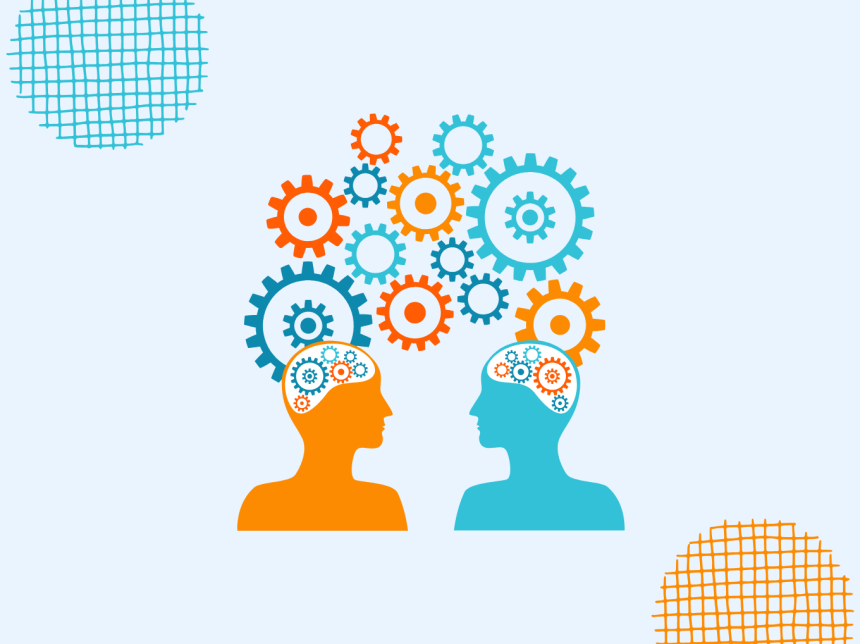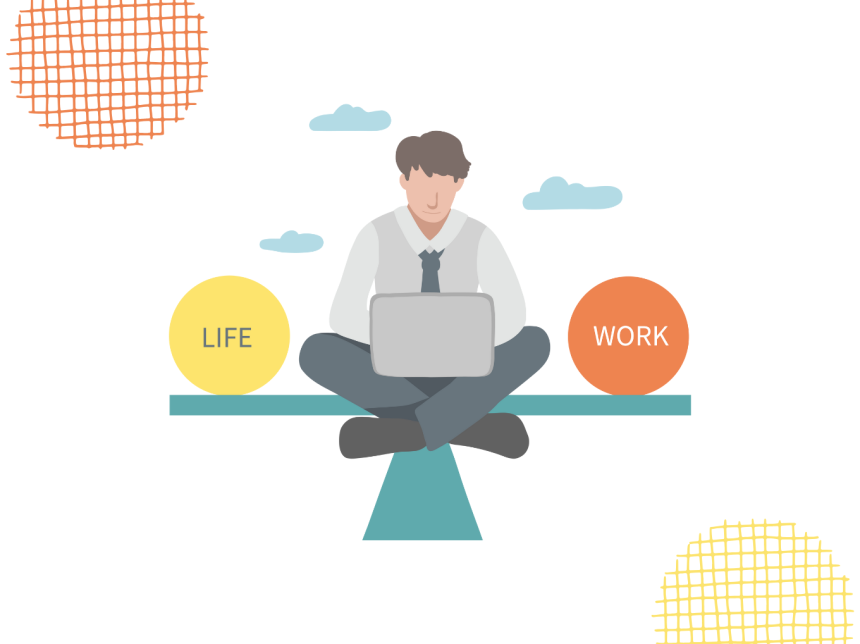
The Psychological Foundations of Self-Awareness
Explore the psychology of self-awareness. Learn how understanding your thoughts and emotions builds resilience, healthier relationships, and personal growth.
Why Self-Awareness Matters
Self-awareness is more than simply “knowing yourself.” It is the ability to recognize your emotions, thoughts, and behaviors in the moment—and understand how they influence your actions and relationships. Psychologists consider self-awareness a core pillar of emotional intelligence and a crucial step toward personal growth.
When we lack self-awareness, we often repeat unhealthy patterns, struggle with decision-making, or react impulsively to stress. But when we develop it, we gain clarity, control, and the capacity to make more intentional choices.
The Psychological Roots of Self-Awareness
Self-awareness has deep roots in psychological theory and research. Some key foundations include:
- Cognitive Psychology
- Research shows that humans possess metacognition—the ability to think about their own thinking. This allows us to step back, analyze our thoughts, and adjust our behavior.
- Humanistic Psychology
- Carl Rogers and Abraham Maslow emphasized self-awareness as central to self-actualization. Recognizing our strengths, values, and needs helps us align life with authenticity.
- Developmental Psychology
- From infancy, humans develop self-recognition (like recognizing oneself in a mirror). Over time, this evolves into a more complex awareness of emotions, beliefs, and identity.
- Social Psychology
- We gain self-awareness not only internally but also through interactions with others. Feedback, relationships, and cultural influences shape how we see ourselves.
Benefits of Self-Awareness
Psychological studies consistently link self-awareness with positive outcomes in both personal and professional life:
- Emotional Regulation – Recognizing emotions before they escalate reduces stress and impulsive reactions.
- Stronger Relationships – Awareness of your needs and patterns fosters empathy and better communication.
- Better Decision-Making – Understanding internal biases and motivations leads to wiser choices.
- Personal Growth – Awareness of strengths and weaknesses supports long-term development.
How to Develop Greater Self-Awareness
Building self-awareness is not a one-time effort; it is an ongoing process. Psychology offers several effective methods:
- Mindfulness Practice
- Paying attention to your thoughts and feelings without judgment helps you observe yourself more clearly.
- Journaling
- Writing about daily experiences provides perspective and reveals recurring patterns.
- Seeking Feedback
- Honest input from trusted people highlights blind spots you may not notice yourself.
- Therapy or Coaching
- Professional guidance can uncover unconscious beliefs and behaviors.
- Reflection Questions
- Asking “Why did I react this way?” or “What do I truly value here?” helps deepen insight.
Challenges in Cultivating Self-Awareness
Despite its benefits, self-awareness is not always comfortable. Facing our flaws, acknowledging biases, or admitting mistakes can be challenging. However, psychology emphasizes that growth comes from this very discomfort. By learning to tolerate vulnerability, we gain resilience and authenticity.
The Journey Within
Self-awareness is at the heart of psychological well-being. By understanding the foundations of how it develops—and practicing it daily—we open the door to stronger relationships, emotional balance, and meaningful personal growth. It is not just a skill but a lifelong journey of becoming more fully ourselves.




